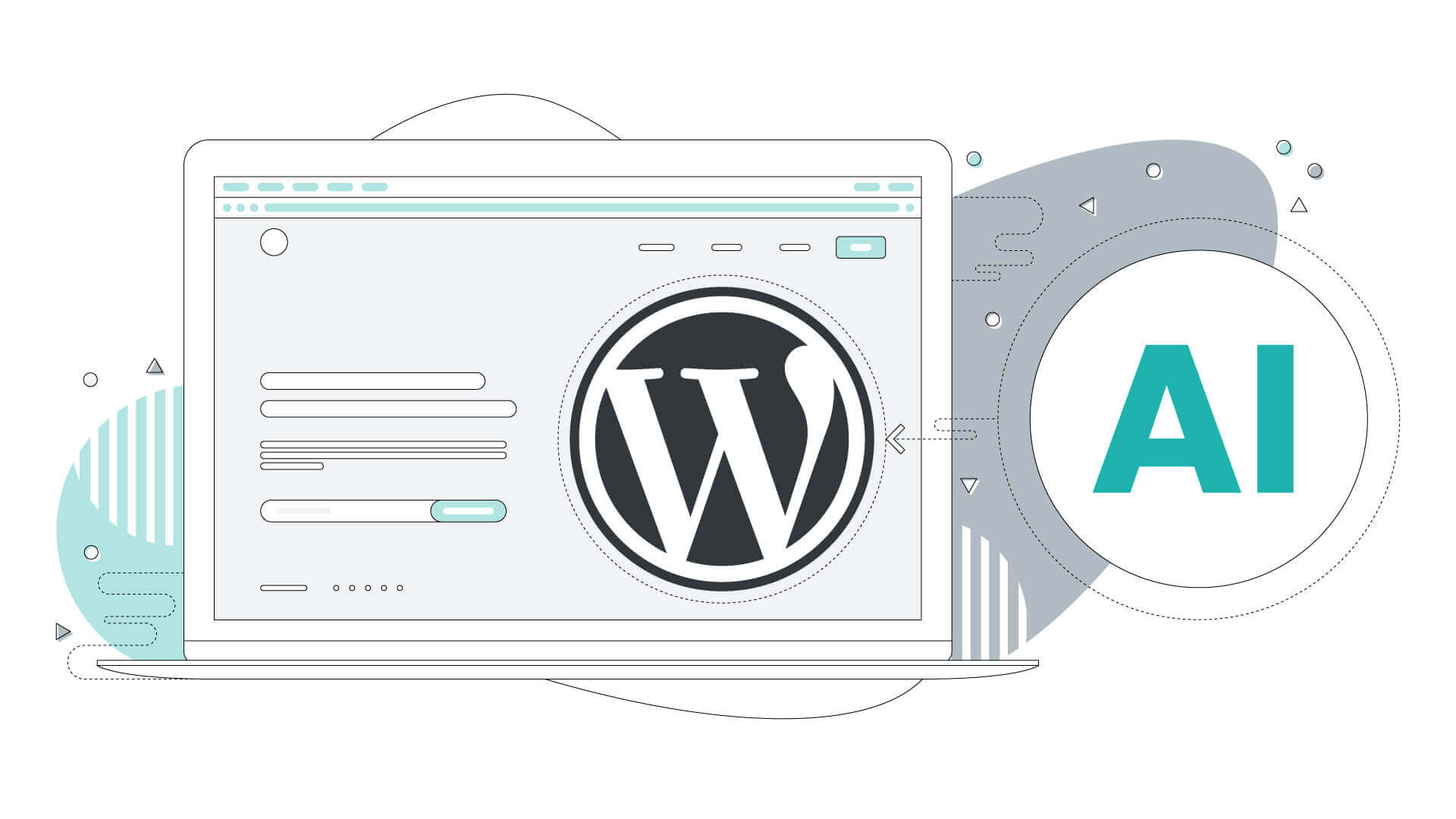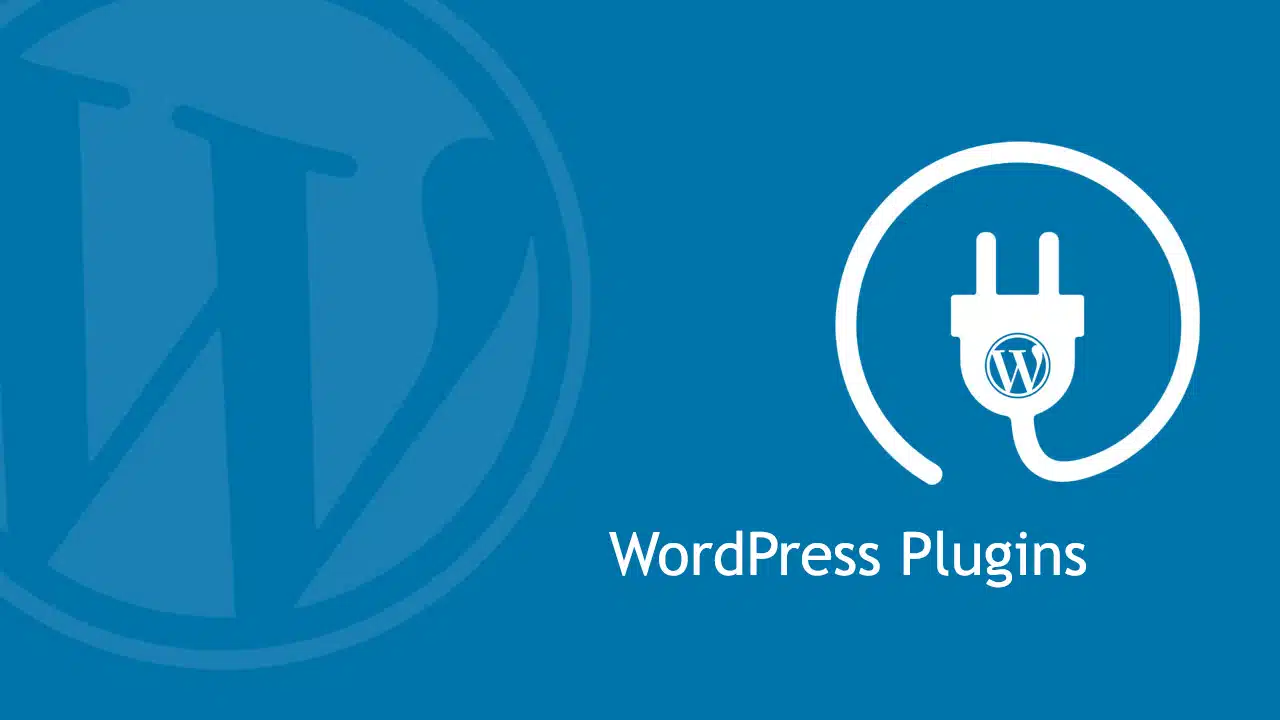- 💡 WordPress powers 46% of all websites on the Internet.
- 📈 WordPress usage remains dominant and steady over the years.
- 🛠️ Antiquated software is still prevalent in the WP community.
- ⚙️ Almost 20% of WP sites are running old versions, with 5% on the 4.x branch and 13% on the 5.x branch.
- 🔒 Almost 75% of WP sites use unsupported PHP versions, posing security risks.
- 📊 jQuery remains widely used in WordPress for its ease of use.
- 🔄 React usage is up for the top 1 million sites but declining overall.
- 💻 Squarespace and Wix, WP competitors, are showing positive trends.
- 🛒 WooCommerce and Shopify are leading e-commerce platforms.
- 📉 Mailchimp’s usage has decreased while Zoho Mail and Google Business are on the rise.
- 🐘 PHP usage has decreased since 2017 but still powers a significant number of websites.
In the vast expanse of the internet, WordPress stands as a towering giant, powering a staggering 46% of all websites. Its dominance in the digital realm is not merely a fleeting trend but a testament to its enduring relevance and adaptability. However, beneath the surface of this seemingly monolithic platform lies a dynamic ecosystem shaped by evolving technologies, shifting paradigms, and emerging competitors.
Embracing Change in WordPress Usage
WordPress’s journey from a humble blogging tool to a versatile content management system has been nothing short of remarkable. Its usage has remained steadfast and dominant over the years, reflecting its unparalleled versatility and user-friendly interface. However, amid its widespread adoption, antiquated software continues to linger within the WP community like a stubborn relic of the past.
Addressing Legacy Software Challenges
While WordPress thrives on innovation, a significant portion of its user base remains entrenched in outdated versions, posing security risks and hindering progress. Almost 20% of WordPress sites persist with old software versions, with a notable 5% clinging onto the antiquated 4.x branch and 13% on the 5.x branch. Moreover, the alarming statistic that nearly 75% of WP sites utilize unsupported PHP versions underscores the urgent need for software updates and security patches.
The Role of Frontend Frameworks in WordPress
As the digital landscape evolves, frontend frameworks like jQuery and React play a pivotal role in shaping the user experience. While jQuery continues to enjoy widespread usage within WordPress for its simplicity and versatility, React’s ascent, particularly in the realm of Gutenberg blocks, marks a paradigm shift towards more dynamic and interactive web experiences. Despite React’s prominence among the top 1 million sites, its overall usage has witnessed a decline, reflecting the diverse preferences and evolving needs of website owners.
Navigating the Competitive Terrain
In the competitive arena of website builders and e-commerce platforms, WordPress faces formidable adversaries in the form of Squarespace and Wix. While these platforms boast impressive growth trajectories, WordPress remains a stalwart contender, bolstered by its robust ecosystem of plugins and themes. Similarly, in the realm of e-commerce, WooCommerce and Shopify emerge as frontrunners, each vying for supremacy in a fiercely contested market.
Adapting to Shifting Email Marketing Trends
In the realm of email marketing, the landscape is characterized by fluctuating trends and shifting preferences. While Mailchimp’s usage experiences a decline following its acquisition by Intuit, Zoho Mail and Google Business emerge as viable alternatives, catering to the diverse needs of small business owners and digital marketers. As the digital landscape continues to evolve, adaptability remains paramount in navigating the ever-changing terrain of email marketing platforms.
The Resilience of PHP
Despite the rise of newer technologies, PHP continues to wield considerable influence, powering a multitude of websites with its robust and scalable architecture. While its usage has witnessed a decline since 2017, PHP remains a cornerstone of the web development landscape, underscoring its enduring relevance and adaptability in an ever-evolving digital ecosystem.







